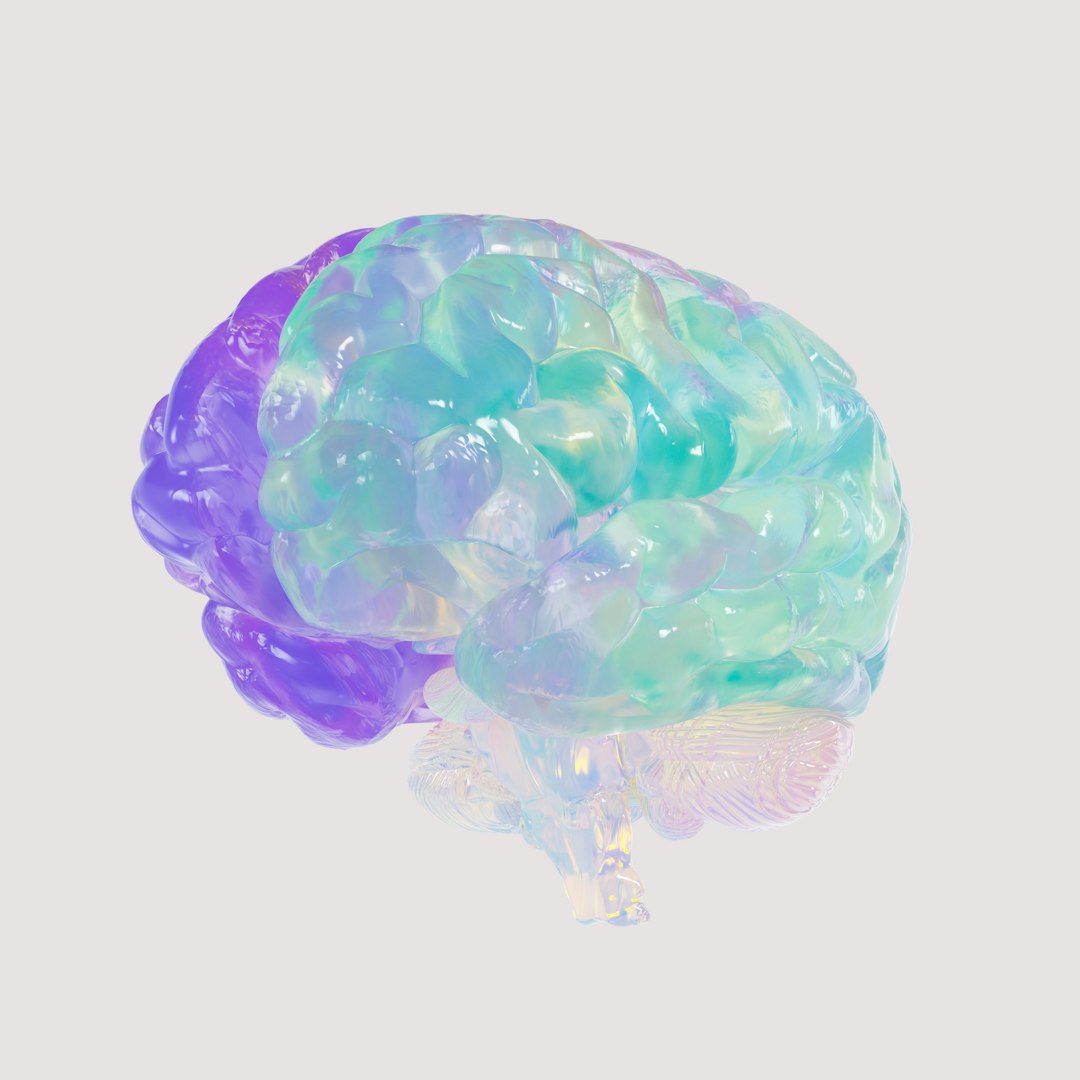Amnesia: Understanding Memory Loss
Amnesia is a fascinating and complex neurological condition characterized by the loss or impairment of memory. It has perplexed both scientists and the general public for centuries, often appearing in literature and film as a dramatic plot device. However, real amnesia is a serious medical issue with profound effects on a person’s life. This article explores the nature of amnesia, its causes, types, symptoms, diagnosis, and treatment options, and provides various tables to organize relevant information.
What is Amnesia?
Amnesia refers to an abnormal degree of memory loss and the inability to form new memories or recall past events. Unlike everyday forgetfulness, amnesia is significant, often affecting major aspects of a person's life.
Memory Types Affected
Memory is not a single entity. There are various types of memory, each potentially affected differently in amnesia:
| Memory Type | Description |
|---|---|
| Short-term memory | Holds information temporarily for seconds to minutes |
| Long-term memory | Stores information over extended periods (days, years, decades) |
| Declarative (explicit) | Conscious recall of facts/events (e.g., phone number, historical event) |
| Non-declarative (implicit) | Unconscious memories, skills, and routines (e.g., riding a bike) |
| Episodic | Personal experiences and specific events |
| Semantic | Facts and general knowledge |
| Procedural | How to perform actions |
Types of Amnesia
Amnesia can be classified based on the pattern of memory loss and its cause.
By Memory Pattern
| Type | Description |
|---|---|
| Retrograde Amnesia | Inability to recall memories formed before the onset of amnesia |
| Anterograde Amnesia | Inability to form new memories after the onset of amnesia |
| Transient Global Amnesia | Brief, temporary loss of both recent and new memories, typically <24 hours |
| Infantile (Childhood) | Inability to recall early childhood events, common and not pathological |
By Cause
| Type | Cause(s) |
|---|---|
| Organic Amnesia | Brain injury (trauma), infection, stroke, lack of oxygen, neurodegenerative diseases |
| Psychogenic (Functional) | Psychological trauma, stress, dissociation |
| Drug-induced | Excessive alcohol use (e.g., blackout), sedatives, or anesthetic agents |
Causes of Amnesia
The underlying causes of amnesia vary greatly and include both physical and psychological factors.
Organic Causes
- Head Injuries: Traumatic brain injuries can damage critical memory structures.
- Encephalitis: Brain inflammation from infections (e.g., herpes simplex) may lead to memory loss.
- Stroke: Reduced blood flow can impair memory centers.
- Lack of Oxygen (Anoxia): Cardiac arrest or respiratory failure can cause brain cell death.
- Neurodegenerative Diseases: Conditions like Alzheimer’s and other dementias often include amnesia.
- Brain Tumors: Can disrupt memory by compressing surrounding tissues.
Psychological Causes
- Severe psychological stress or trauma can cause dissociative (psychogenic) amnesia, often as a defense mechanism to avoid painful memories.
Substance-Related Causes
- Alcohol (Korsakoff’s Syndrome): Chronic alcoholism and vitamin B1 (thiamine) deficiency.
- Drugs/Medications: Benzodiazepines, anesthetics, and certain psychotropic drugs.
Symptoms of Amnesia
The presentation can vary, but amnesia often manifests as:
- Difficulty learning new information (Anterograde)
- Difficulty recalling past events (Retrograde)
- Confusion or disorientation
- False memories (confabulation)
- Preserved general knowledge and intelligence (unless widespread brain damage is present)
A hallmark is that attention, cognitive skills, and personality are usually maintained, except where another underlying impairment exists.
Diagnosis
Diagnosing amnesia involves a thorough medical evaluation.
| Diagnostic Step | Purpose |
|---|---|
| Medical history | Identify risk factors (injuries, illness, substance use) |
| Neurological exam | Assess cognition, orientation, brain function |
| Memory tests | Determine pattern/severity of memory impairment |
| Imaging (MRI/CT scan) | Identify structural brain changes |
| Blood tests | Rule out infections, deficiencies, metabolic problems |
| Psychological evaluation | Identify signs of dissociative or psychogenic amnesia |
Treatment and Prognosis
Treatment for amnesia depends on its cause. Recovery can vary from complete to permanent disability.
Management Strategies
| Approach | Details |
|---|---|
| Treat underlying causes | Treat infections, correct deficiencies, remove tumors, manage trauma |
| Cognitive rehabilitation/therapy | Memory training, compensatory strategies, psychotherapy for psychological causes |
| Medications | Sometimes used for associated depression/anxiety, or memory-associated conditions |
| Social/environmental support | Use of notes, alarms, reminders, structured routines |
Prognosis
| Cause | Recovery Chances |
|---|---|
| Mild TBI or stress | Often good, with full recovery likely |
| Severe brain injury, disease | Partial to poor, may be permanent |
| Dissociative/psychogenic | Usually full recovery with therapy |
| Alcoholic Korsakoff’s | Poor if untreated, some improvement with abstinence and vitamin therapy |
Amnesia in Popular Culture
The dramatic presentation of amnesia in media often differs from reality. Characters in books and movies might forget their names or entire identities, recover their memories instantly, or undergo sudden transformations. Real cases are seldom so clear-cut or dramatic.
Conclusion
Amnesia is a disorder with profound personal and social implications. Modern medicine continues to unravel the mysteries of memory formation and loss, leading to better diagnosis, treatment, and support for affected individuals. As our understanding deepens, new hope emerges for those living with this enigmatic disorder.
References
- American Psychiatric Association. (2022). Diagnostic and Statistical Manual of Mental Disorders.
- National Institutes of Health (NIH): Amnesia Fact Sheet.
- Damasio, A. R. (1994). Descartes' Error: Emotion, Reason, and the Human Brain.
Note: This summary is for educational purposes. For medical advice, consult a healthcare professional.
